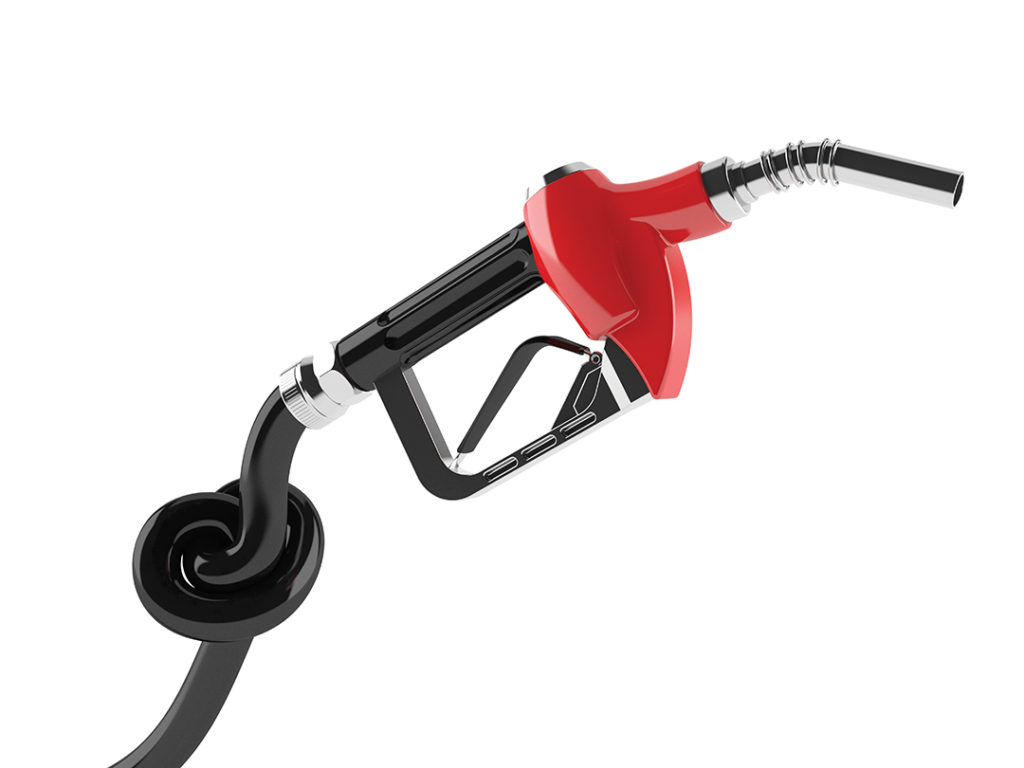BBC NEWS AT BBC.CO.UK/NEWS
Nigerians call the gargantuan traffic jams of cars, trucks and other vehicles in Lagos “go-slows.” Trying to get anywhere is often an exercise in patience and perseverance. But apart from the frustrations of driving in Lagos, there is the serious health impact of air pollution.
Many vehicles belch out huge, dark, sulfurous clouds — the effects of diesel fuel with high amounts of sulfur, also known as “dirty” fuel. Now, Nigeria is tackling this major cause of air pollution. In December 2016, Nigeria was among five countries in West Africa that pledged to stop importing dirty fuel used for vehicles and power generators. The other countries are Benin, Côte d’Ivoire, Ghana and Togo. Seven other African countries had already banned the fuel.
The announcement came after a hard-hitting report accusing European companies of exploiting weak regulations in West Africa to export fuels with high levels of sulfur. The amount of sulfur in some fuel used in Africa is 300 times the level considered safe in Europe.
The World Health Organization ranks sulfur particles from vehicle engines and generators as one of the top global health risks. The pollutants are linked to heart disease, lung cancer and respiratory problems.
“The ban will send a strong signal to the importers that the government means business,” said David Ugolor of Africa Network for Environment and Economic Justice. “What’s missing in Nigeria governance is trust. If the government wants to regain trust of the people, it will need to keep on championing this kind of regulation.”
Despite being a major oil producer, Nigeria imports most of its fuel. The government says new refineries being built in Nigeria also will help alleviate the problem by producing cleaner fuel.

